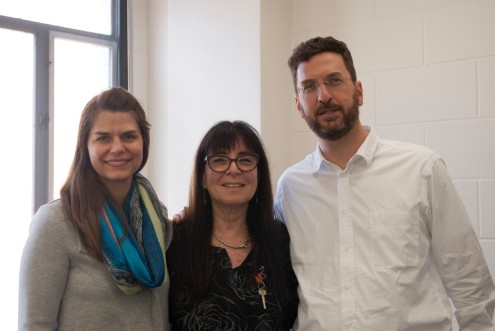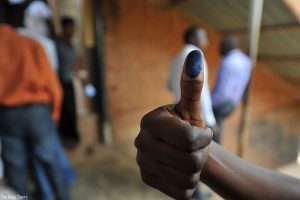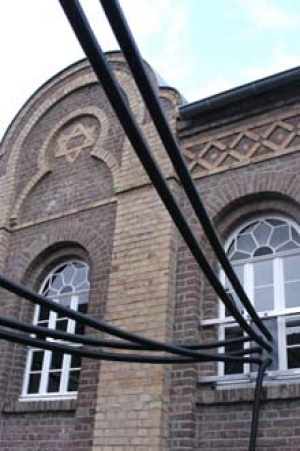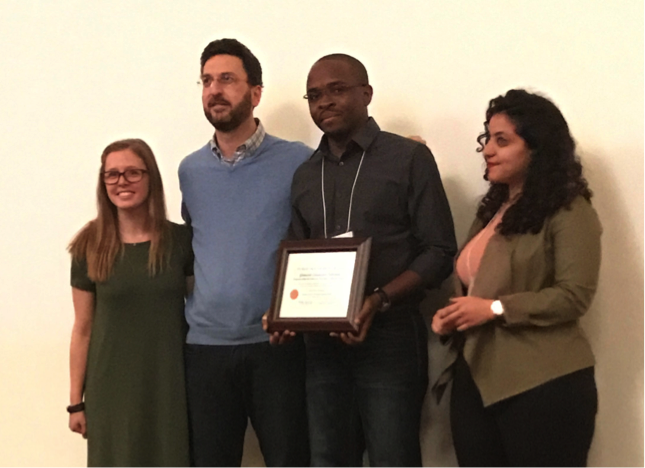What makes someone an effective leader? Arguably, one vital component is being a capable and willing protector of one’s people. Aung San Suu Kyi, the State Counselor of Myanmar and also a Nobel Laureate, is currently failing in this role. She continually chooses to “protect” only the Buddhist majority of Myanmar by supporting the government of Myanmar’s stance that the Rohingya, long time inhabitants of the Rakhine region of Myanmar, are not citizens. Their lack of legal citizenship has been used as justification by the state to perpetrate atrocities against the Rohingya, who are denied civil rights. These atrocities escalated this August when Rohingya militants attacked Burmese security forces. In retaliation, the Burmese military launched a violent crackdown against the Rohingya, killing hundreds of people, and forcing hundreds of thousands to flee into Bangladesh. There is little doubt left that Myanmar has begun a state sanctioned ethnic cleansing of the Rohingya, using the violence perpetrated by a few Rohingya militants to justify the mass slaughter of an ethnic population.





 In March 2006, performance artist Santiago Serra constructed a homemade gas chamber inside a former synagogue in the Cologne area and invited Germans to be symbolically gassed. Exhaust pipes from six cars were hooked to the building, which was then filled with deadly carbon monoxide and visitors entered the space wearing protective masks. What was the artist’s intention? Serra said his aim was to give people a sense of the Holocaust. The Jewish community was furious. It was considered a provocation at the expense of Holocaust victims, an insult to survivors and the whole community. “What’s artistic about attaching poisonous car exhaust into a former synagogue?” said writer and Holocaust survivor Ralph Giordano (1923-2014), “and who gave permission for this?”
In March 2006, performance artist Santiago Serra constructed a homemade gas chamber inside a former synagogue in the Cologne area and invited Germans to be symbolically gassed. Exhaust pipes from six cars were hooked to the building, which was then filled with deadly carbon monoxide and visitors entered the space wearing protective masks. What was the artist’s intention? Serra said his aim was to give people a sense of the Holocaust. The Jewish community was furious. It was considered a provocation at the expense of Holocaust victims, an insult to survivors and the whole community. “What’s artistic about attaching poisonous car exhaust into a former synagogue?” said writer and Holocaust survivor Ralph Giordano (1923-2014), “and who gave permission for this?”